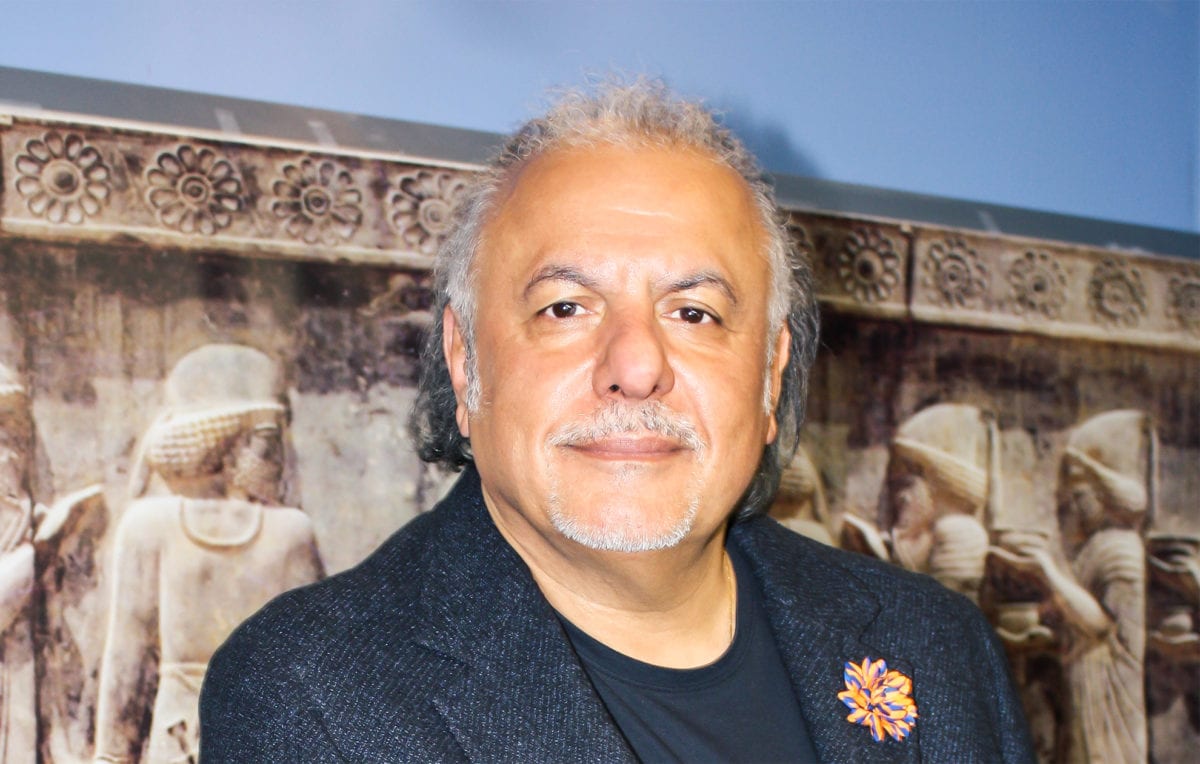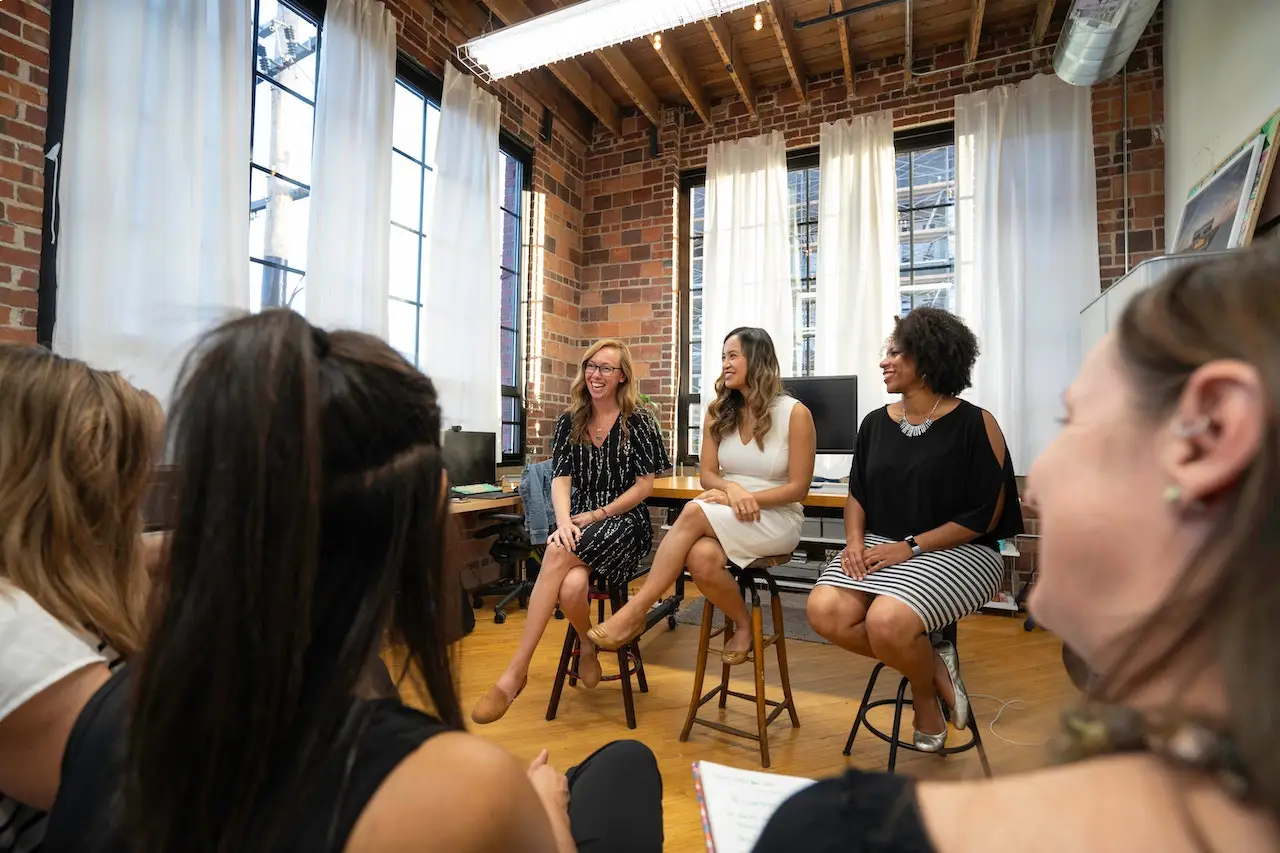Kaaren Whitney-Vernon, Founder and CEO of Happy Hive – is all about helping others — specifically helping women thrive in the field of technology by encouraging transparency and inclusivity, while also emphasizing the importance of creating opportunities for women in STEM (Science, Technology, Engineering and Math). Below, she shares more about her entrepreneurial path, supporting others, and the importance of leadership.
Besides being the Founder of Happy Hive, you are also a serial entrepreneur. Can you share a bit about your previous endeavours? What challenges have you faced and how did you overcome obstacles in your career?
Back in 1998, I was co-owner of Youth Culture Inc., a youth media and research company. We were publishing print magazines that were going into high schools. We also launched a study called Trendscan that studied all aspects of youth culture, and looked at the effects of the internet on teenagers. The goal was to educate companies on the best way to communicate to teens — a hard to reach market for many brands. A lot of what I learned in my career is the need for research, and that brands and advertisers need to be continually talking and learning from their target audience.
In 2012, YouTube was starting [to trend with teens], so I pivoted my business into creating video content. I teamed up with Shaftsbury, which is the largest independent production company in Canada. We wanted to show brands the value of creating branded entertainment versus just creating an ad. Our first series we created in partnership with U by Kotex, called Carmilla, took off. It had millions of views. It went on to become a movie and book deal, and paved the way for other brands to get involved.
Your company, Happy Hive, is highlighting gender equality for women. How did your vision for this materialize?
At Shaftsbury, we created a digital series for youth and young girls to understand the value of STEM. We were seeing that girls were very good at math, but somewhere along the path, they’re excluded and persuaded that it’s not really the place for them.
Part of entrepreneurship is seeing a problem and wanting to solve it. If women are not at the table, we’re not part of solving major problems of our society. We’re not getting fairly treated, so what can we do to change that? One of the things I learned is that there’s a fundamental problem in a lot of the technology that we’re building, including the hiring process, which is completely broken. That’s how Happy Hive started.
Through Happy Hive, you created a browser extension for job seekers to see if potential employers have an inclusive workforce. How has this approach impacted both employees and future employers?
Where an individual actually works matters so deeply for that person, not only for their well-being, but also the profound effect it has on their future success. We’re using data and AI to predict the success of women in technology.
Fifty per cent of women in technology will actually quit the industry after the first or second job because of the toxic environment, because they’re not being heard, or they feel left out. These are women with master’s degrees and PhDs. That’s why we think that by giving them the tools, they can make good decisions about the best companies to work for and support their future career growth.
Women want to know if they’re getting into a company that’s going to support them rather than hinder their career growth. We know it takes a lot of time to get a job, and you want to make sure it’s right.
Stephanie Hawkins | Contributing Writer















